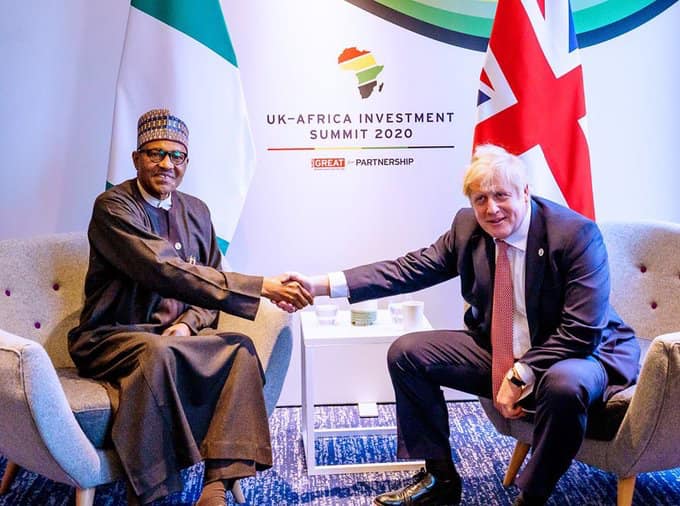There are no products in your shopping cart.
| 0 Items | £0.00 |


NIGERIA'S Presidential Economic Advisory Council (Peac) has revealed that the country needs at least $1.6trn worth of investment over the next 10 years to achieve its poverty reduction goals.
Currently the country with the highest number of people living in poverty worldwide, Nigeria has about 80m of its citizens surviving below the United Nations designed threshold of $1.90 a day. In addition, according to the African Development bank (AfDB), Nigeria has an annual infrastructural deficit of $100bn, while other unenviable records Nigeria holds includes having 10m out-of-school-children and 2.6m internally displaced persons.
Peac, which warned against borrowing for the fight against poverty, said there was a need for the government to reduce its size in order to free funds to other productive areas. In a recent report titled National Poverty Reduction with Growth Strategy (NPRGS) prepared to assist President Muhammadu Buhari achieve his aspiration to fight poverty in the country, Peac said investing to create infrastructure and jobs is key.
“Over the 10-year-programme period, 2021 to 2031, the total cost of the execution/implementation of the policies and programmes underpinning this strategy is estimated at $1.6trn, giving an annual average of about $16bn. This estimated cost covers the dual objective of lifting 100m Nigerians out of poverty as well as achieving all the country’s development objectives in line with the Sustainable Development Goals 2030,” the document stated.
Peac, which also noted that as a middle-income country, around 50% to 60% ($80bn to $97bn) of Nigeria's financing needs is expected to be covered by government, said going by its recent budgetary resources, such financing needs are beyond what the government can shoulder alone. It added that the challenge, however, is that in the recent past, specifically in 2020, the total consolidated national budgetary resources was only around US$54bn.
“Further debt accumulation is not an option as the government is already over-burdened with debt service obligations, so it becomes imperative, therefore, to create a vehicle to facilitate enhanced private capital investment in the country. In light of this, it is proposed to set up a Nigerian Investment and Growth Fund, to be promoted by the government but resourced from local and international private sector as an independent corporate institution,” the document added.
It warned that all these efforts will amount to nothing if the government does not reduce its size and cost. According to the council, in addition to the fund, a more immediate source of funding the programme will be the reduction in the size and cost of government that will free resources to priority expenditures in education, health and human development.
It called for collaboration among government and other stakeholders including the three tiers of government, the private sector, the civil society and development partners, adding that such mutual ownership and the resulting collaboration in the design, resourcing, implementation and monitoring of the programme will ensure effectiveness, efficiency and dynamism in poverty reduction. A national steering committee chaired by the vice president, was requested to be the over-arching body for anchoring collaborative efforts across federal ministries, extra-ministerial departments and agencies, states and local governments, development partners, civil society organisations and the private sector actors.